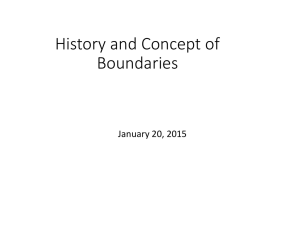MARINE RESEARCH: A SCIENCE WITH NO BOUNDARIES...
advertisement
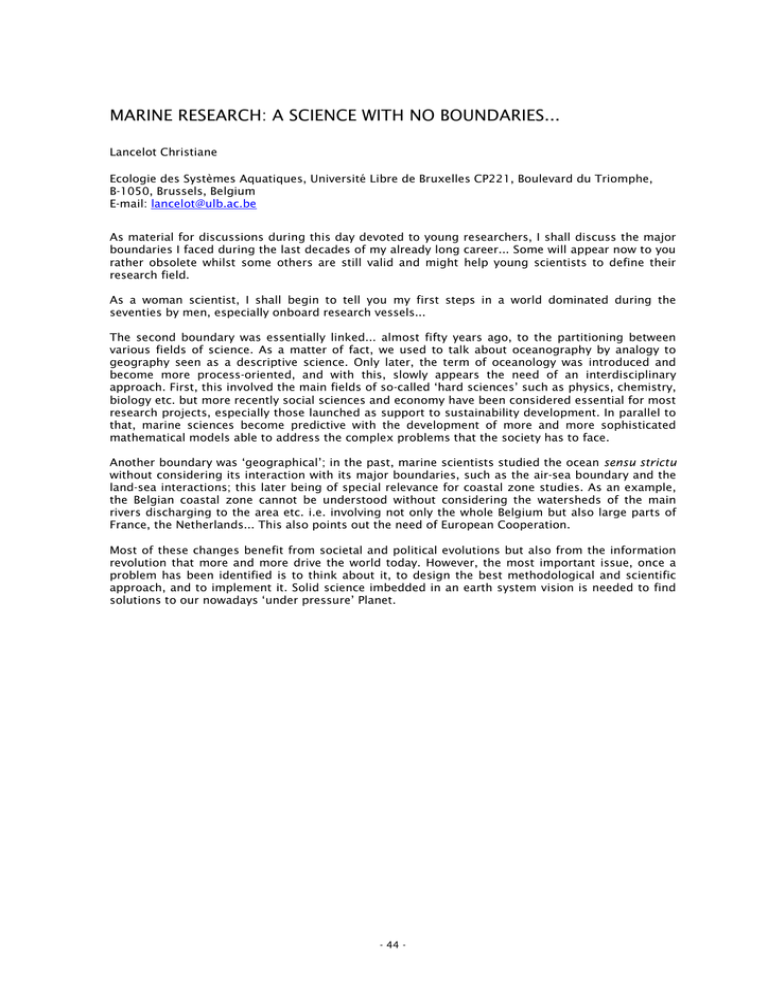
MARINE RESEARCH: A SCIENCE WITH NO BOUNDARIES... Lancelot Christiane Ecologie des Systèmes Aquatiques, Université Libre de Bruxelles CP221, Boulevard du Triomphe, B-1050, Brussels, Belgium E-mail: lancelot@ulb.ac.be As material for discussions during this day devoted to young researchers, I shall discuss the major boundaries I faced during the last decades of my already long career... Some will appear now to you rather obsolete whilst some others are still valid and might help young scientists to define their research field. As a woman scientist, I shall begin to tell you my first steps in a world dominated during the seventies by men, especially onboard research vessels... The second boundary was essentially linked... almost fifty years ago, to the partitioning between various fields of science. As a matter of fact, we used to talk about oceanography by analogy to geography seen as a descriptive science. Only later, the term of oceanology was introduced and become more process-oriented, and with this, slowly appears the need of an interdisciplinary approach. First, this involved the main fields of so-called ‘hard sciences’ such as physics, chemistry, biology etc. but more recently social sciences and economy have been considered essential for most research projects, especially those launched as support to sustainability development. In parallel to that, marine sciences become predictive with the development of more and more sophisticated mathematical models able to address the complex problems that the society has to face. Another boundary was ‘geographical’; in the past, marine scientists studied the ocean sensu strictu without considering its interaction with its major boundaries, such as the air-sea boundary and the land-sea interactions; this later being of special relevance for coastal zone studies. As an example, the Belgian coastal zone cannot be understood without considering the watersheds of the main rivers discharging to the area etc. i.e. involving not only the whole Belgium but also large parts of France, the Netherlands... This also points out the need of European Cooperation. Most of these changes benefit from societal and political evolutions but also from the information revolution that more and more drive the world today. However, the most important issue, once a problem has been identified is to think about it, to design the best methodological and scientific approach, and to implement it. Solid science imbedded in an earth system vision is needed to find solutions to our nowadays ‘under pressure’ Planet. - 44 -

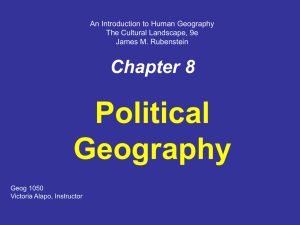
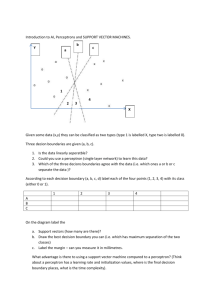


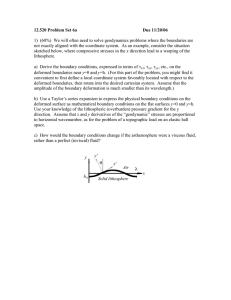
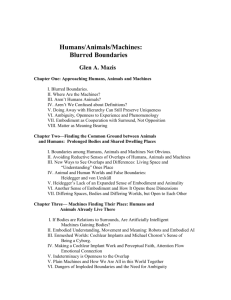
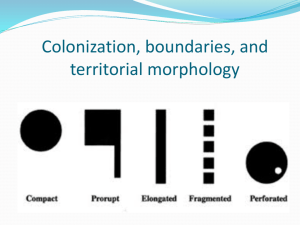
![hpkaG]_Z`G{aGhG G G GG G G G GG](http://s2.studylib.net/store/data/014778900_1-f397b2929aed4aca43018dccb8316157-300x300.png)

